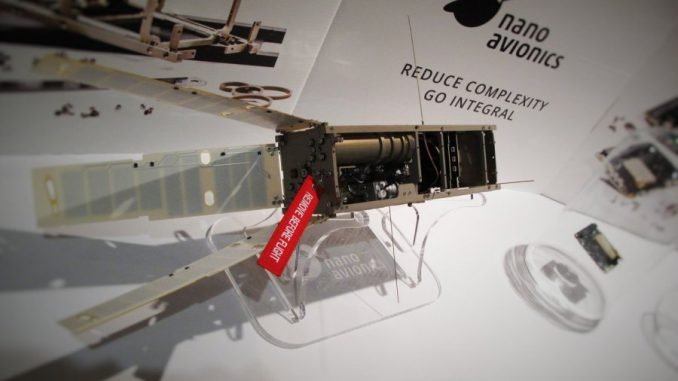
A second Lithuanian satellite, LituanicaSAT-2, will be launched into space in July as part of an international research and innovation project.
The satellite, made by Vilnius University scientists and UAB NanoAvionika and its partners, will be first in the world to use one-component ammonium dinitramide-based propellants and will test innovative satellite navigation systems.
The launch is important for both science and business as it should demonstrate the ability to extend the lifetime of small satellites and provide the ability to accurately change orbital parameters during space missions.
“With a rocket engine we aiming to make the satellite stay in orbit not for three but 15 months. Calculations and tests show that our designed system will achieve this goal. Of course, everything will depend on the natural phenomena, solar activity during the mission,” said Vytenis Buzas, the head of UAB NanoAvionika.
LituanicaSAT-2 is part of the international QB50 mission in which 50 small satellites will fly no higher than 300 kilometres orbit and will undertake scientific research in the lower thermosphere.
LituanicaSAT-2 will be launched into space in July from Jasna cosmodrome in Russia using rocket Dnepr. The Mission will be coordinated from the Von Karmanos Institute in Brussels.
The project’s Lithuanian backers plan to commercialize the technology and extend the research after the mission.
“This experiment is a perfect example of how tests satisfying pure curiosity eventually lead to a specific technological innovation, which promises financial benefits in the near future,” said Vilnius University science vice rector, Professor Rimantas Jankauskas.
DELFI

Be the first to comment